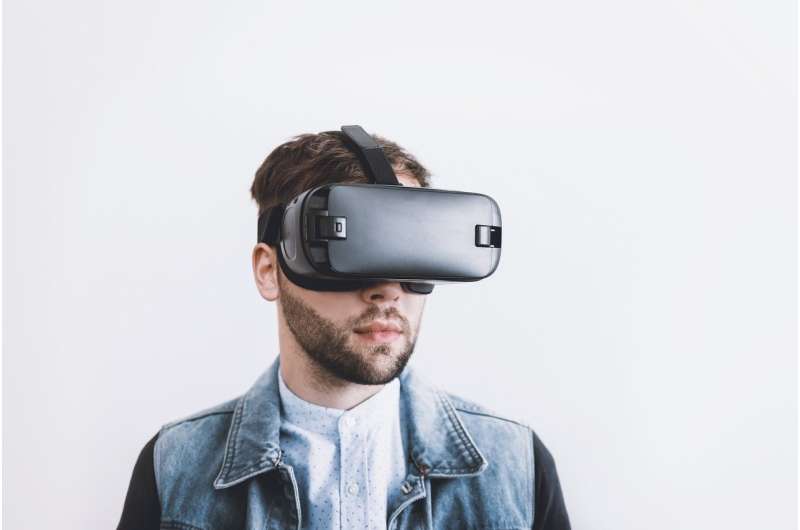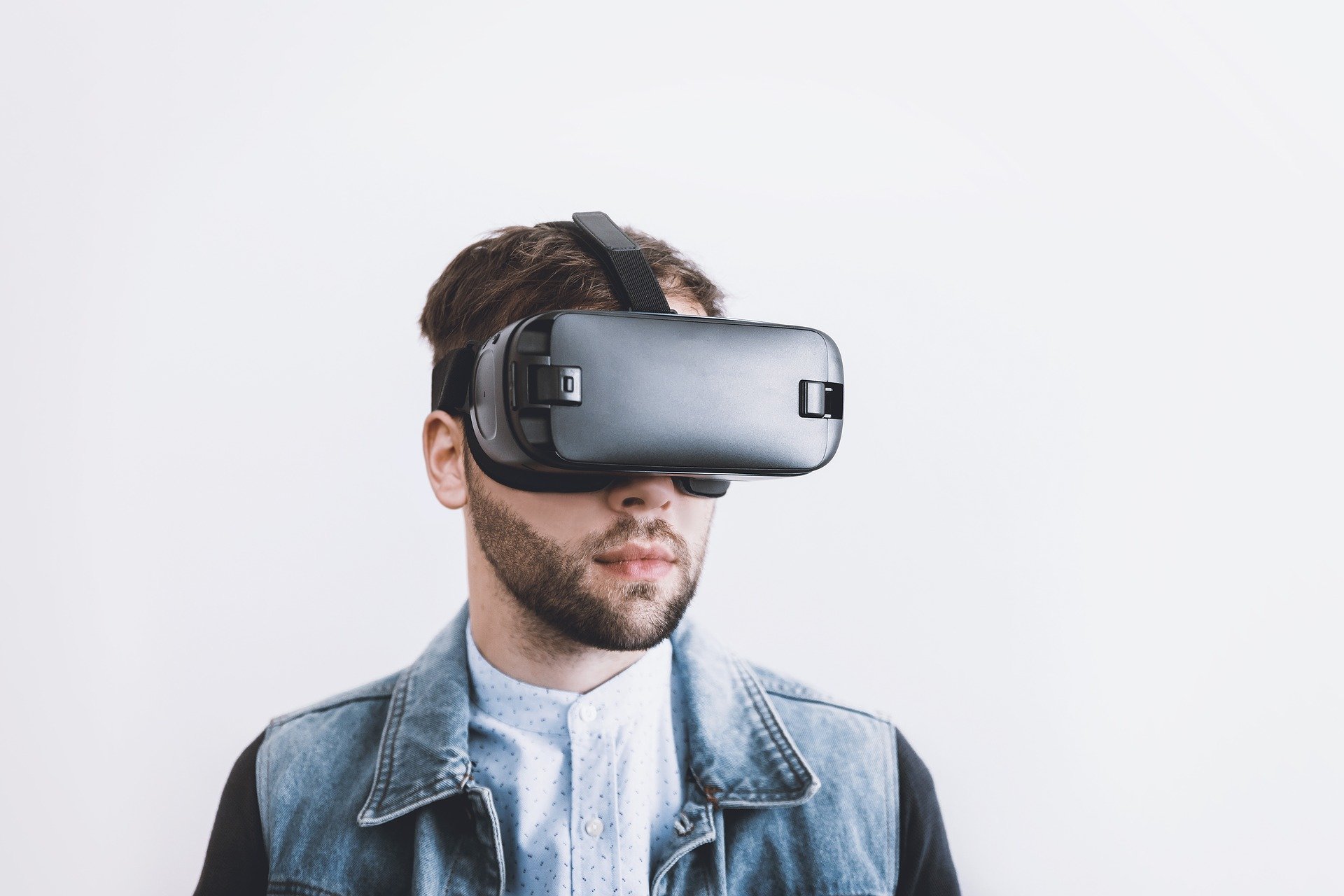Tag Archive for: virtual
What is a VPN? What virtual private networks do & who needs them | The Daily Courier
/in Internet Security
Fast Facts
A VPN can disguise your computer’s digital address, helping to keep you safer online.
VPNs allow users to avoid targeted ads and bypass regional content restrictions.
Free VPNs exist, but paid options may provide better privacy.
There are plenty of benefits to having a virtual private network (VPN), even if you’ve never heard of one. It’s an additional layer of encryption that helps hide some of your data from prying eyes.
Digital security has never been more important than it is in this modern era. Plus, if you’ve ever wondered what it’s like to watch Netflix on the other side of the world, a VPN can help you do that, too.
What is a VPN in simple terms?
VPN stands for a “virtual private network.” In a nutshell, it creates a third-party between you and the websites you want to access.
A well-chosen VPN essentially scrambles some of your data — including your geographic location — making it harder for third parties like internet service providers (ISPs) or websites to collect it.
VPNs can also help you get past website blocks and censorship. For those in the U.S., demand for these nifty little gadgets has started to creep upward as multiple states have enacted ID verification laws for users wishing to access adult entertainment.
Related: Popular adult film star explains why she thinks Utah’s new age verification law won’t work
How does a VPN work? Virtual private networks for beginners
Internet service providers have access to mountains of personal data, which is used to, among many other things, sell you personalized ads. Our internet data is stored by these providers, and hackers can gain access to that data. In some parts of the world, including U.S. states, some content is censored — a VPN can also help you clear those kinds of digital hurdles.
A VPN works to encrypt your data, basically scrambling it all up in such a way that makes it harder to trace. More technically, it masks what’s called your internet protocol (IP) address.
If the internet were the city you lived in, your IP address would be your computer’s home address. If you can see the benefit of getting a post office box, then you might want to consider a reputable VPN…
This hacker used over a million virtual servers to create an incredibly powerful network – but then wasted it on mining crypto
/in Computer Security
Ukrainian police have arrested a hacker who allegedly used compromised servers belonging to an American company to secretly mine cryptocurrencies.
The Ukrainian cyberpolice revealed the individual was able to create a million virtual servers on which he proceeded to install cryptojackers – cryptocurrency miners that try to operate in the background and without the knowledge or consent of the endpoint’s owners.
The individual, an unnamed 29-year-old man, had been allegedly active since 2021. He first brute-forced his way into 1,500 accounts of a subsidiary of “one of the world’s largest ecommerce companies” – although the name of the affected company was not disclosed.
Causing damage
After brute-forcing his way into the devices, the criminal created a million virtual computers and installed the cryptocurrency miners. Everything he managed to mine, he moved using the TON wallet. The police claim the volume of the transactions amounted to approximately $2 million.
The hacker was arrested on January 9, during which the police confiscated computer equipment, bank and SIM Cards, electronic media, and other evidence. He is now facing criminal charges.
To successfully mine cryptocurrencies, a person would need a high-end computer and an internet connection. Mining the tokens is a compute-heavy operation, which makes the computer practically useless for anything else. Furthermore, the operation uses a lot of electricity, too, racking up the energy bill quickly.
That’s why hackers often try to compromise corporate servers – they’re powerful devices that can mine plenty of coins, while leaving the headache of the electricity bill to someone else.
Furthermore, while the servers are too occupied mining the coins, they are too slow to be used for their original purpose, which increases the expenses for the victim company even further. Those are just some of the reasons why some analysts claim that for every $1 of cryptocurrency mined, the victim suffers roughly $53 in damages.
Hackers usually use cryptojackers to mine Monero (XMR), a privacy-oriented coin which, allegedly, is practically untraceable. XMRig is one of the most popular cryptominers out there.
Virtual reality headsets are vulnerable to hackers, demonstrate studies
/in Computer Security

While augmented reality (AR) and virtual reality (VR) are envisioned as the next iteration of the internet immersing us in new digital worlds, the associated headset hardware and virtual keyboard interfaces create new opportunities for hackers.
Such are the findings of computer scientists at the University of California, Riverside, which are detailed in two papers to be presented this week at the annual Usenix Security Symposium in Anaheim, a leading international conference on cyber security.
The emerging metaverse technology, now under intensive development by Facebook’s Mark Zuckerberg and other tech titans, relies on headsets that interpret our bodily motions— reaches, nods, steps, and blinks—to navigate new worlds of AR and VR to play games, socialize, meet co-workers, and perhaps shop or conduct other forms of business.
A computer science team at UCR’s Bourns College of Engineering led by professors Jiasi Chen and Nael Abu-Ghazaleh, however, has demonstrated that spyware can watch and record our every motion and then use artificial intelligence to translate those movements into words with 90% or better accuracy.
“Basically, we show that if you run multiple applications, and one of them is malicious, it can spy on the other applications,” Abu-Ghazaleh said. “It can spy on the environment around you, for example showing people are around you and how far they are. And it can also expose to the attacker your interactions with the headset.”
For instance, if you take a break from a virtual game to check your Facebook messages by air typing the password on a virtual keyboard generated by the headset, the spyware could capture your password. Similarly, spies could potentially interpret your body movements to gain access to your actions during a virtual meeting in which confidential information is disclosed and discussed.
The two papers to be presented at the cybersecurity conference are co-authored Abu-Ghazaleh and Chen toether with Yicheng Zhang, a UCR computer…



